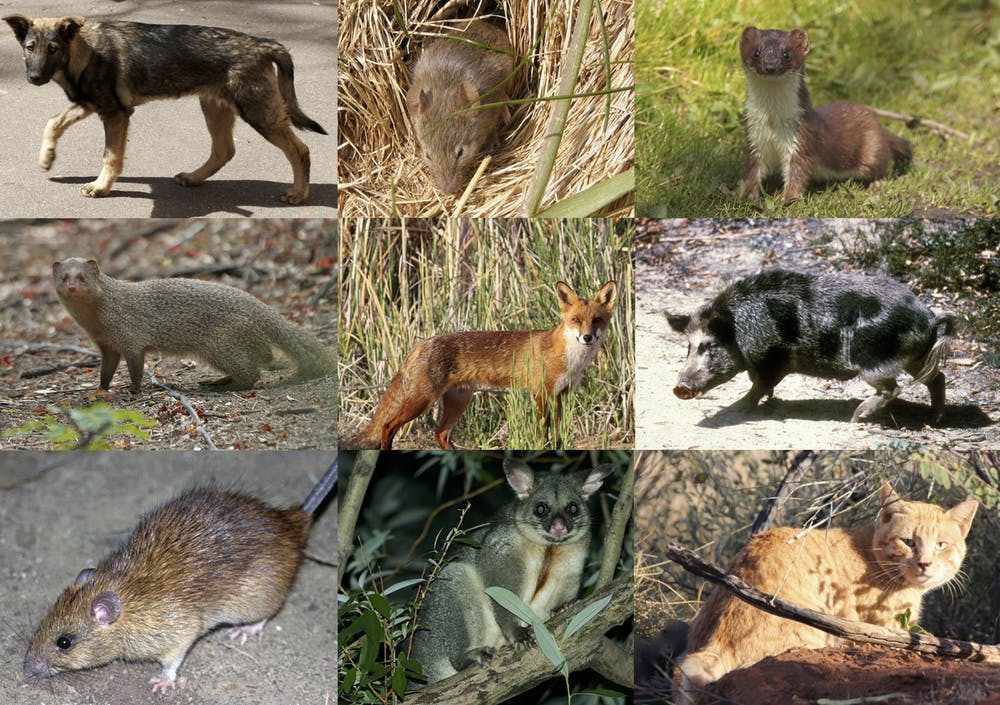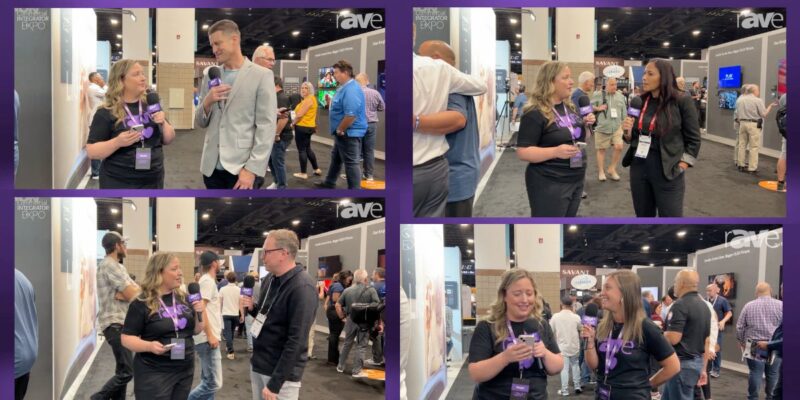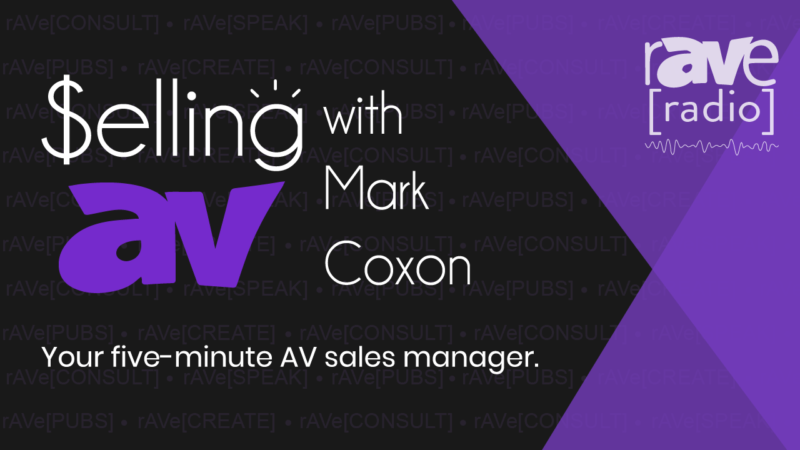Mergers, Acquisitions and the AV Ecology
I remember reading a book back in the late ’90s called “Why Big Fierce Animals Are Rare” by Paul Colvinaux. It was one of the first ecology books I read, and although the science was still evolving itself, there are a couple points in the book that have stuck with me over time and that I have found perhaps even more relevant given the course of recent events.
This year has brought more mergers and acquisitions among AV integrators, most notably at the top with Diversified buying Sensory Technologies and AVI-SPL merging with Whitlock Group. It seems these types of mergers always cause some initial trepidation in smaller firms, wondering how they will keep up, compete and fight off the large behemoths.
However, bigger animals require more resources to thrive and hunting enough prey can consume a lot of energy, which is why large predators are relatively rare in nature. There are a few types of big cats, a few types of large dogs (ironically much smaller than the large cats), but all in all, most larger animals are opportunistic herbivores or omnivores that eat plants and carrion that can’t exactly run away.
Medium-sized predators are much more common as they take less energy to sustain themselves during hunting activities.

In the same way, the double-edged sword of a large firm is that they consume a lot of resources, which means they are continually looking for efficiencies in personnel and processes, that often mean that they have employee churn and less flexibility in their approach.
If you take a lesson from Colvinaux, some of the largest predators that expend the least amount of energy hunting are Baleen Whales. If you remember your science classes, these whales have giant combs in their mouths that act like filters, so they roam the ocean looking for tiny krill shrimp and then open their mouths as they swim through, collecting them by the thousands. The interesting thing is, that despite their size and insatiable, carnivorous appetites, pretty much every other animal in the sea need not fear them. They have a highly specialized diet. They are large animals that have bypassed the middle parts of the food chain, feeding on the smallest prey, but consuming tons of them.
To draw a parallel, AV monolith firms may have contracts with large corporate clients to efficiently deliver highly repeatable solutions, but they’re not equipped to go after much else. Which leaves the other, smaller firms an ocean of options.
Another interesting point Colvinaux makes, is despite assumptions that Darwin’s theory of natural selection would cause competition and fighting between species, it actually doesn’t. It takes a lot of energy to fight, energy that is better spent reproducing and increasing the “fitness” of the species itself. Natural selection actually results in creating niches, more than it results in creating conflict.
“Animals and plants in nature are not… engaged in endless debilitating struggle, as a loose reading of Darwin might suggest. Nature is arranged so that competitive struggles are avoided… A species lives triumphant in its own special niche…” -Colvinaux
The opportunity for integration businesses to specialize and excel in niche markets is very real and an honest assessment of skills and abilities may quickly reveal what that niche or niches may be.
In fact, natural selection punishes aggression between niches. An overly aggressive wolf may attack a large elk, becoming injured and then unable to hunt and feed itself. Animals that decide to go outside their niche actually do worse.
“Natural selection is harsh only to the deviant aggressor who seeks to poach on the niche of another.” –Colvinaux
This is why I don’t actually believe the mega-mergers have a huge negative effect on smaller integration firms. If small and medium-sized firms find their proper niche, they’ll rarely encounter the larger firms anyway. Long term, larger firms may leave their niche to try and swallow up business outside of their niche, but just as in nature, long term, that strategy will cause them more damage than good.
So, if you’re a small or medium integrator, celebrate the success of the larger firms and their growth. Their business is uniquely different than yours. Focus instead on where your core strengths align with niche markets and you’ll always be fed.




